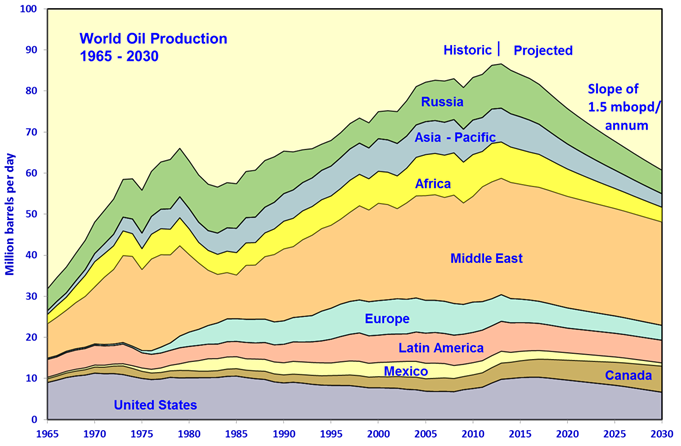Advertisement
If you have a new account but are having problems posting or verifying your account, please email us on hello@boards.ie for help. Thanks :)
Hello all! Please ensure that you are posting a new thread or question in the appropriate forum. The Feedback forum is overwhelmed with questions that are having to be moved elsewhere. If you need help to verify your account contact hello@boards.ie
Peak Oil at 2014?
Options
Comments
-
-
-
-
-
-
Advertisement
-
-
-
-
-
-
Advertisement
-
-
-
-
-
-
-
-
-
-
-
Advertisement
-
-
-
-
-
-
-
-
-
-
Advertisement
-
Advertisement
 https://www.youtube.com/watch?v=dLCsMRr7hAg
https://www.youtube.com/watch?v=dLCsMRr7hAg

 https://www.youtube.com/watch?v=pYyugz5wcrI
https://www.youtube.com/watch?v=pYyugz5wcrI
